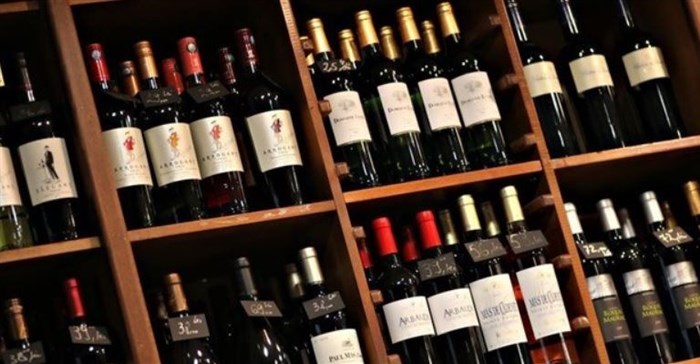In his address last night, President Cyril Ramaphosa said that the country will remain on Alert Level 1, with regulations unchanged with the exception of the sale of alcohol. There will be a four-day ban on the sale of alcohol for off-premise consumption over the upcoming Easter weekend - from Friday, 2 April until Monday, 5 April.
On-site sales at restaurants, shebeens and bars will be allowed, according to licensing conditions, up until 11pm.
The alcohol industry has communicated mixed feelings about the announcement.
The Beer Association of South Africa (Basa) calls the restriction on off-site sales "unnecessary" with "no valid basis", while the South African Liquor Brandowners Association (Salba) welcomes the decision not to totally ban alcohol sales, which has been the case on three occasions over the past 12 months.
The bans have totalled 19 weeks of lost days of trade, leading to R36bn loss in sales revenue for the industry and R29bn in tax revenue loss for Government.
Salba chairperson Sibani Mngadi comments, “The decision to keep the on-consumption trading environment open under the licence conditions and limitations of the curfew is very much welcome. Taverns, bars, restaurants are a critical part of the tourism business which we need to assist to recover.
“There is a need for more engagement with the Government to better understand the thinking that informs restrictions of the off-consumption channel, which has been limited to four-days a week trade at various stages of the lockdown,” he added.
Salba also welcomes the President's comments on increasing the rollout of its vaccination programme. "The industry is supportive of the proposed vaccine procurement and rollout targets as outlined by the Minister of Health as the ultimate solution to restrictions so that the economy can move toward recovery," the association says.
Hobbling an industry
Meanwhile, Basa says that Government has taken an unnecessary and heavy-handed approach to an industry that supports over 1 million livelihoods.
"Over 85% of craft breweries remain at risk of shutting their doors as a result of previous government bans. We simply cannot continue to operate under the constant uncertainty that our industry has faced with every holiday, where our ability to trade is at risk of being limited with no proper justification.
"Currently there has been no increase in cases despite the alcohol industry being open, and there has been no increase in trauma unit cases reported to justify shutting down the sale of alcohol for off-site consumption over the Easter holidays," says Basa in a statement.
Gerrit van Loo, Heineken South Africa 29 Mar 2021
Basa says it made a number commitments to help prevent the spread of Covid-19 over the Easter period. These include:
• A commitment to halt any sponsored events that encourage gatherings of any kind
• All manufacturers have agreed to abide by the aware.org marketing code adapted for Covid-19
• All retailers have committed to self-regulate quantity restrictions per customer
• The Consumer Goods Council of SA hotline remains active, to take calls and reports of any breaches of Covid-19 regulations, which will immediately be reported to SAPS
• Enhanced adherence to safety protocols at all our outlets
In addition to this, Basa has placed 500 patrollers and ex-reservists in 50 police stations across the country to support SAPS with visible enforcement on the ground to assist in ensuring adherence to lockdown regulations over these holidays. This was a programme that was initially implemented in December with the Community Policing Forum. On Thursday, the organisation will be handing over reflective jackets to some of these patrollers, in Meadowlands, Soweto.
The capacity of Alcohol Evidence Centres (AEC’s) has also been increased, in partnership with the Road Traffic Management Corporation of South Africa. AEC’s have been central to reducing fatalities caused by drinking and driving, as AEC units help law enforcement officers test suspected drunk drivers through Evidentiary Breathalyser Alcohol Testing (EBAT) and blood tests, which are processed by registered medical practitioners, who ensure that admissible evidence is collected for court proceedings.
"It is most concerning that government continues to hobble our industry with trade restrictions when the industry has shown an exemplary commitment to fighting the spread of Covid-19 and to working together with government in coming up with solutions to the problems we have been facing," says Basa.






























